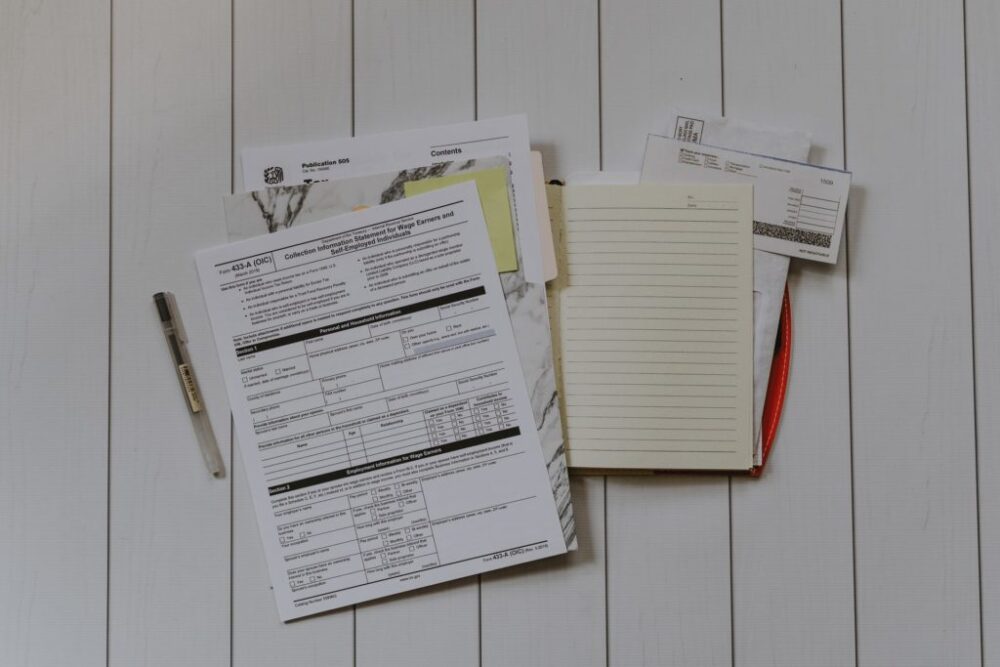Because of the stigma and myths associated with bankruptcy, individuals who may benefit from discharging their debts often avoid it. Misinformation and fear of having made poor budgeting choices may prevent some individuals from seeking much-needed relief.
The Federal Reserve Bank of New York estimates that 14% of U.S. households owe more debt than they make. Less than 1% of those households, however, file for bankruptcy each year, according to U.S. News and World Report.
Concern that bankruptcy causes a loss of homeownership
An unfounded fear of losing a primary residence may cause a delay in taking control of troublesome financial circumstances. Kentucky and federal bankruptcy exceptions, however, allow most property owners to hang on to their homes.
In some cases, the court may require petitioners with extremely high equity in a property to use some of it to pay creditors. Generally, a home valued at less than the exemption amount may not result in a loss of ownership.
Worries over repairing credit after a discharge
Some petitioners may qualify for a mortgage two years after a discharge. USA Today reports that applying for a secured credit card and using smart financial management skills helps speed up the process of repairing a credit score. The information about a public bankruptcy filing, however, stays on a credit report for ten years.
Bluegrass State residents sometimes hold on to a false belief that finding a new job or working overtime will help them pay off an overwhelming debt load. Aggressive bill collectors, however, will not wait for a major increase in income to show. The more realistic option of filing for bankruptcy may provide a fresh start without the weight of a crippling financial burden and harassment from collectors.

